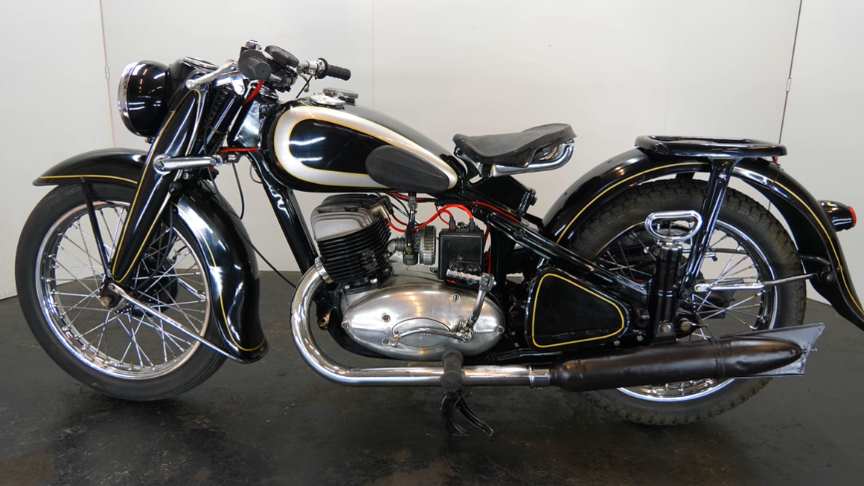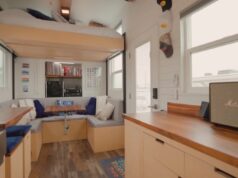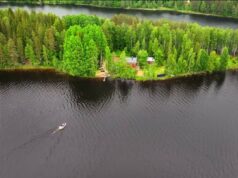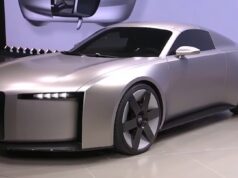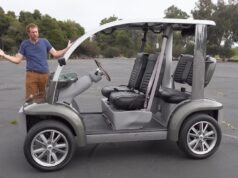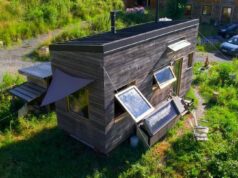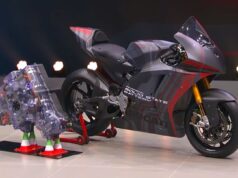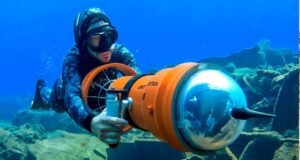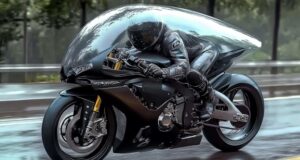DKW was founded in Zschopau in 1919 by Danish engineer Jorgen Rasmussen and built its first motorcycle power unit, a single-cylinder, clip-on engine for bicycle attachment, in 1921. Designed by Hugo Ruppe, this 122cc motor was a two-stroke, and DKW would remain faithful to this engine type from then on, becoming world leaders in two-stroke design in the 1930s thanks to the prescient adoption of the Schnuerle loop-scavenge system.
source/image(PrtSc): classic-motorcycle.com
The latter used flat-topped pistons rather than the then-conventional deflector-crown type, relying on carefully angled transfer ports to direct the incoming charge around the cylinder.
DKW was Continental Europe’s largest motorcycle maker at this time, manufacturing a huge and diverse range of road bikes during the 1930s, the NZ500 being one of the fastest and most powerful. An air-cooled twin of advanced design featuring swinging-arm rear suspension, the NZ500 employed engine dimensions of 64x76mm bore/stroke (for a capacity of 489cc) and produced 18.5hp.
Advertisement
This NZ 500 is an older restoration and a good runner. It was one of the last bikes on the NZ production line. The gearbox/clutch works well except for the third gear. The third gear needs some attention. This bike is in running order except for the third gear. The engine starts and runs well./classic-motorcycle.com

